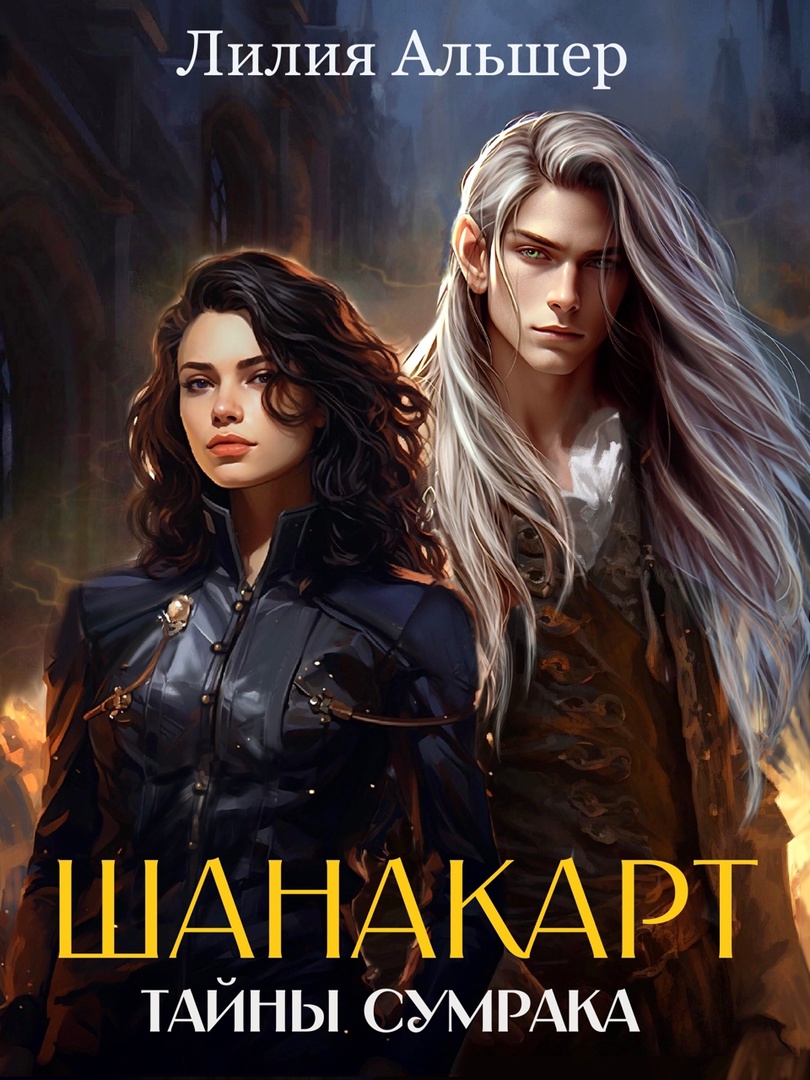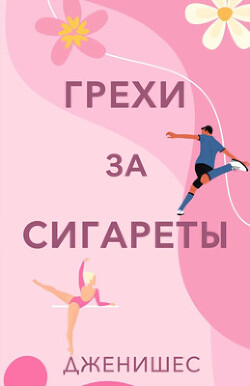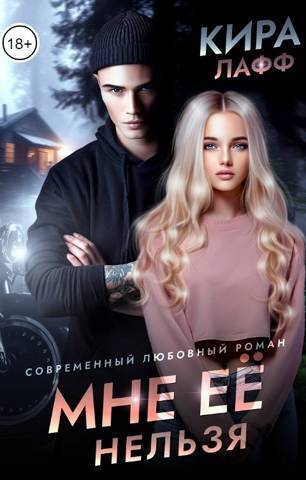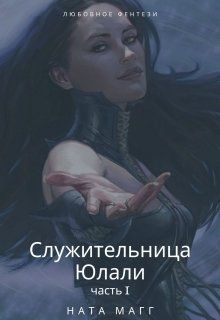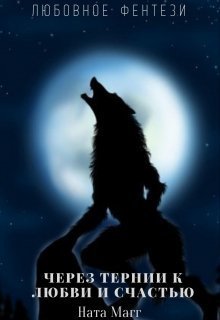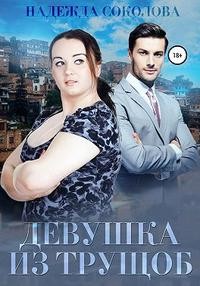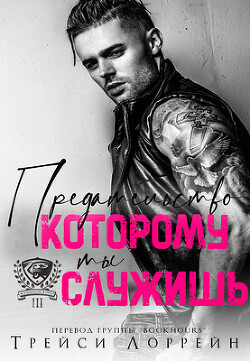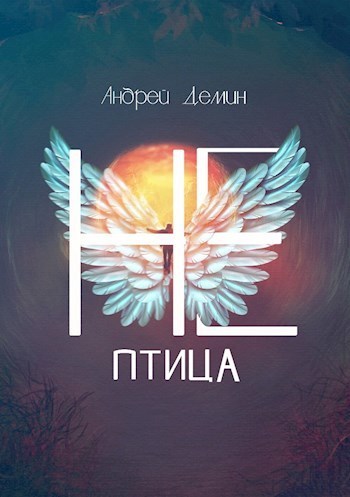Сборник статей - Россия и США: познавая друг друга. Сборник памяти академика Александра Александровича Фурсенко / Russia and the United States: perceiving each other. In Memory of the Academician Alexander A. Fursenko / Russia and the United States: perc
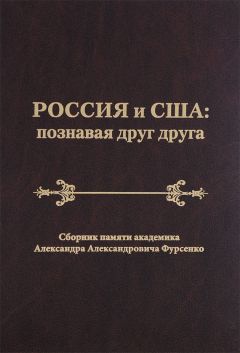
Помощь проекту
Россия и США: познавая друг друга. Сборник памяти академика Александра Александровича Фурсенко / Russia and the United States: perceiving each other. In Memory of the Academician Alexander A. Fursenko / Russia and the United States: perceiving each o... читать книгу онлайн
156
NSC–5607. East-West Exchanges. June 29, 1956 // Foreign Relations, 1955–1957. Vol. XXIV. 1989. P. 192–268.
157
National Security Decision Directive 32. US National Security Strategy, May 20, 1982 // Federation of American Scientists www.fas.org
158
Schweizer P. Reagan’s War: The Epic Story of His Forty-Year Struggle and Final Triumph over Communism. Westminster (MD), 2003. P. 177.
159
National Security Decision Directive 77. Management of Public Diplomacy Relative to National Security. January 14, 1983 // Federation of American Scientists www.fas.org
160
Departments of Commerce, Justice, and State, the Judiciary, and Related Agencies Appropriations Act, 1999. Public Law 277, 105th Congress. October 21, 1998 // The Library of Congress http://thomas.loc.gov
161
S. 908. Foreign Affairs Revitalization Act. June 09, 1995. Bills of the 104th Congress // The Library of Congress http://thomas.loc.gov.
162
Congressional Record. May 22, 1995. P. H5389.
163
Radio Free Europe/Radio Liberty and Voice of America: Soft Power and the Free Flow of Information. Hearing Before the Committee on Foreign Affairs, House of Representatives, 111 Cong., 2 Sess., July 23, 2009. Washington, 2009.
164
Staff Report, 2011 // U. S. Advisory Commission on Public Diplomacy http://www.state.gov/pdcommission/reports/index.htm
165
U. S. Government Assistance to and Cooperative Activities with Eurasia, 2003 // Department of State http://www.state.gov/p/eur/rls/rpt/c10250.htm
166
Hearings on the Review of US Assistance to NIS. Committee on International Relations, House of Representatives. March 26, 1998; Dismantling of the Former USSR. Public Law 484, 102 Congress. US Code. Title 20. Chapter 68. October 23, 1992 // The Library of Congress http://thomas.loc.gov
167
Ordeshook P., Schwartz Th. A Constitution for the Russian Federation, 1993 // USAID; The Evolution of the Electoral Process in the Russian Federation, 1992 // USAID http://pdf.usaid.gov/pdf_docs/PNABP225.pdf
168
Hearing on the US Relations with Russia and NIS. Committee on International Relations. House of Representatives. March 12, 1997 // The Library of Congress http://thomas.loc.gov
169
U. S. Government Assistance to and Cooperative Activities with the New Independent States of the Former Soviet Union, 2000. Washington, 2001; An Assessment of USAID Political Party Building and Related Activities in Russia, USAID/Moscow, 2000 // USAID < www.usaid.org>
170
Five Alumni Appointed to Positions in New Russian Government // Department of State https://alumni.state.gov/
171
An Assessment of USAID Political Party Building.
172
Democracy Assistance. Government Accountability Office (далее – GAO). Report, 2009 // GAO www.gao.org.
173
USAID Mission, Russia. Strengthening Democracy, 2006 // USAID www.usaid.org
174
Burns W. (Ambassador to Russia). Submission of the Performance Report on Fiscal Year 2007 for Russia // USAID www.usaid.org
175
Foreign Assistance: International Efforts to Aid Russia’s Transition Have Had Mixed Results, 2000 // GAO www.gao.org
176
Funds Budgeted for U. S. Government Assistance to Eurasia, 2004 // Department of State http://www.state.gov/p/eur/rls/rpt/c10250.htm
177
U. S. Government-Sponsored International Exchanges & Training Regional Report, Eurasia, 2004 // Department of State < http://www.state.gov/p/eur/rls/rpt/c10250.htm>.
178
U. S. Government-Sponsored International Exchanges & Training Regional Report, Ukraine, 2002 // Department of State < http://www.state.gov/p/eur/rls/rpt/c10250.htm>
179
Ibid.
180
U. S. Assistance to Eurasia. Ukraine, 2004 // Department of State http://www.state.gov/p/eur/rls/rpt/c10250.htm
181
Public Diplomacy: Strengthening U. S. Engagement with the World, 2010 // Office of the Under Secretary of State for Public Diplomacy and Public Affairs http://www.state.gov
182
National Framework for Strategic Communication, 2011 // White House www.whitehouse.gov
183
Center for Strategic Counterterrorism Communications // Department of State < http://www.state.gov/r/cscc/>. См. также: Executive Order 13584 – Developing an Integrated Strategic Counterterrorism Communications Initiative // The White House < http://www.whitehouse.gov/the-press-office/2011/09/09/executive-order-13584-developing-integrated-strategic-counterterrorism-c>
184
Middle East Partnership Initiative // Department of State www.mepi.state.gov
185
The Broadcasting Board of Governors’ Middle East Broadcasting Networks, Report of Inspection, 2010 // GAO www.gao.gov
186
21st Century Statecraft // U. S. Department of State http://www.state.gov/statecraft/overview/index.htm
187
Broadcasting Board Of Governors: Additional Steps Needed to Address Overlap in International Broadcasting, 2013 // GAO www.gao.gov
188
S. 2499. Making Appropriations for the Department of State, Foreign Operations, and Related Programs, 2015. 113th Congress, 2nd Sess., 2014 // The Library of Congress www.thomas.loc.gov
189
H. R. 4490. To Enhance the Missions, Objectives, and Effectiveness of United States International Communications, and for Other Purposes, 2015. 113th Congress, 2nd Sess., 2014 // The Library of Congress www.thomas.loc.gov
190
John Doyle Klier, Russians, Jews, and the Pogroms of 1881–1882 (Cambridge: Cambridge UP, 2011).
191
In this sense it complements and goes beyond the chief English language account of the same events, which focuses on the pogroms’ causes and origins: Michael Aronson, Troubled Waters: The Origins of the 1881 Anti-Jewish Pogroms in Russia (Pittsburgh: Univ. of Pittsburgh Press, 1990).
192
Klier, Russians, Jews, and the Pogroms of 1881–1882, p. 86.
193
Donald L. Horowitz, The Deadly Ethnic Riot (Berkeley: Univ. of California Press, 2001).
194
Klier, Russians, Jews, and the Pogroms of 1881–1882, p. 76.
195
Ibid., p. 67.
196
Prophecy and Politics: Socialism, Nationalism, & the Russian Jews, 1862–1917 (Cambridge: Cambridge UP, 1981). The longer time frame of Frankel’s study accounts in part for regarding early Jewish socialists and proto-Zionists as prophetic. Their actual role in the early 1880s was less impressive and even contributed to the crisis. See Frankel’s chapter 2.
197
Russia Gathers Her Jews: the Origins of the Jewish Question in Russia, 1772–1825 (DeKalb: Northern Illinois UP, 1986); and Imperial Russia’s Jewish Question, 1855–1881 (NY: Cambridge UP, 1995).
198
Klier, Russians, Jews, and the Pogroms of 1881–1882, p. 327.
199
Beyond the Pale: the Jewish Encounter with Late Imperial Russia (Berkeley: Univ. of California Press, 2002).
200
Meir, “Jews, Ukrainians, and Russians in Kiev: Intergroup Relations in Late Imperial Associational Life”, Slavic Review, 65/3 (Fall 2006): 475–501.
201
Kiev: Jewish Metropolis. A History, 1859–1914 (Bloomington: Indiana UP, 2010).
202
Ibid., p. 38.
203
Children of Rus’: Right-Bank Ukraine and the Invention of a Russian Nation (Ithaca: Cornell UP, 2013).
204
Meir, Kiev: Jewish Metropolis, p. 58, 108.
205
Michael F. Hamm, Kiev: A Portrait, 1800–1917 (Princeton: Princeton UP, 1993).
206
The Golden Age Shtetl. A New History of Jewish Life East Europe (Princeton: Princeton UP, 2014).
207
With population (in 1910) of 65,864, 37,633, and 88,431, respectively. A. I. Riabchenko, ed. & comp., Rossiia. Geograficheskoe opisanie rossiiskoi imperii po guberniiam i oblastiam s geograficheskimi kartami. I: Evropeiskaia Rossiia (SPb., 1913): Iugozapadnyia gubernii, 45, 46. (Географическое описание Российской империи по губерниям и областям с географическими картами / Ред. А. Е. Рябченко. СПб., 1913. С. 45, 46).
208
Anti-Jewish Violence. Rethinking the Pogrom in East European History, ed. Jonathan Dekel-Chen, David Gaunt, Natan M. Meir, & Israel Bartal (Bloomington: Indiana UP, 2011). Sites of European Antisemitism in the Age of Mass Politics, 1880–1918, ed. Robert Nemes & Daniel Unowsky (Lebanon, NH: Univ. Press of New England; Brandeis UP, 2014). Essays in both volumes include topics that go beyond the temporal and geographic limits of this essay.
209
David Engel, “What’s in a Pogrom? European Jews in the Age of Violence”, Anti-Jewish Violence, p. 19–37.
210
Ibid., p. 35. The richness and worth of the other essays in this volume lie in the degree to which they go beyond Engel’s formal definition.
211
Daniel Unowsky, “Local Violence, Regional Politics, and State Crisis: the 1989 Anti-Jewish Riots in Habsburg Galicia”, Sites of European Antisemitism, p. 13–35; and in the same volume: Julia Onac, “The Brusturoasa Uprising in Romania” (79–93); Michal Frankl, “The Moravian Anti-Jewish Violence of 1899 and Its Background” (95–114); and Marija Vulesica, “ ‘An Antisemitic Aftertaste’: Anti-Jewish Violence in Habsburg Croatia”, (115–134).
212
Klaus Richter, “Horrible Were the Avengers, but the Jews Were Horrible Too: Anti-Jewish Riots in Rural Lithuania in 1905”, Sites of European Antisemitism, p. 199–214; Darius Staliūnas & Vladas Sirutavičius, “Was Lithuania a Pogrom-Free Zone? (1881–1940)”, and Claire Le Foll, “The Missing Pogroms of Belorussia, 1881–1882: Conditions and Motives of an Absence of Violence”, Anti-Jewish Violence, p. 144–158, 159–173, respectively.
213
Richter, “Horrible Were the Avengers”, Sites of European Antisemitism, p. 204. In grouping 1903 events with those in 1905, Richter is apparently following current convention in considering the dynamics of pogroms in the Russian Empire following the Kishinev pogrom to have been linked and to have culminates in those in 1905.
214
Ibid., p. 205–6, quoting Helmut Walser Smith, The Continuities of German History: Nation, Religion, and Race across the Long Nineteenth Century (Cambridge: Cambridge UP, 2008): 155.
215
E.g., Klier, Russians, Jews, and the Pogroms, p. 87. See also Klier’s essay “The Pogrom Paradigm in Russian History”, Pogroms: Anti-Jewish Violence in Modern Russian History, ed. John D. Klier and Shlomo Lambroza (Cambridge: Cambridge UP, 1992): 13–38.
216
As Richter’s article exemplifies and the comments on method of Daniel Unowsky and Hillel J. Kieval indicate (Sites of European Antisemitism, chapters 10, 1, and the Afterword, respectively).
217
This paper was originally delivered at the Conference on the First World War, Moscow, June 2014. I am grateful for the invitation and the stimulating comments by colleagues at the conference.
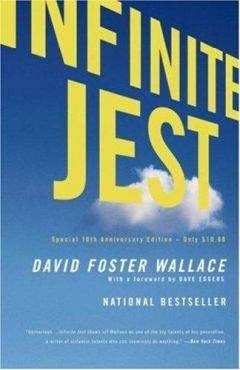
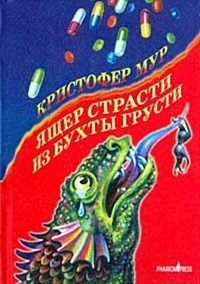

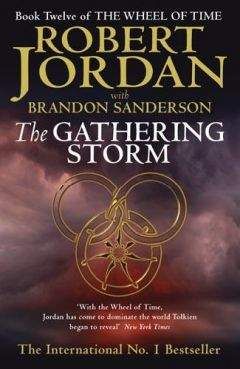
![Rick Page - Make Winning a Habit [с таблицами]](/uploads/posts/books/no-image.jpg)

